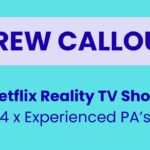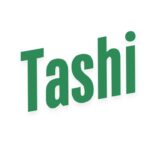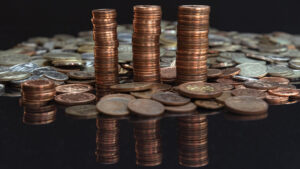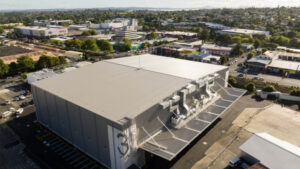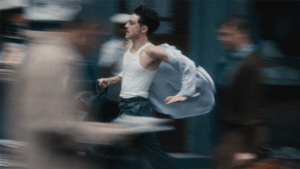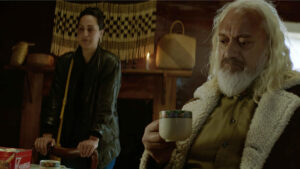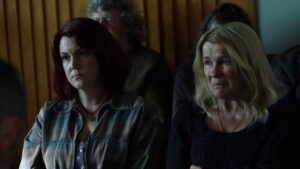REVIEW By Mia Maramara.
On paper, this year’s Cannes Palme d’Or winner reads like a fairly typical courtroom drama: a French man falls from the roof of his home while doing repairs and is found, dead in the snow, by his blind son.
The only person home during the event is his wife, Sandra, a German novelist of some renown. An investigation quickly forms when the police begin to suspect that she may have pushed her husband to his death following an explosive altercation.
The elevator pitch may sound like just another Sunday night crime drama but Anatomy of a Fall is so much more than that. The film takes us through the morning of the fall in question, followed by a police investigation that leads to a high profile court case.
Sandra, struggling to express herself to the predominantly French court, suddenly finds herself grappling with vicious lawyers, expert witnesses, and even her own young son as the case tears apart the dynamics of her family, her relationship to the deceased, and even to the words in her own books, in order to ultimately determine her innocence.
The film is an easy watch in that it’s expertly crafted in all the ways that count. You can safely allow yourself to get swept through the micro-nuances of the case, even as it sways your emotions first one way, then another.
While director Justine Triet has had many storied accomplishments as a filmmaker, including the distinction of being only one of three female directors to win the Palme d’Or, her previous work won’t be familiar to many English language movie-goers. Anatomy of a Fall is one that lends itself to viewing by even the most casual moviegoer, thanks in part to harrowing scenes buoyed by stellar, nuanced performances from the main cast, though this is with some caveats.
The caveat here being that this is a film that is comfortable existing in liminal spaces. It pulls apart a person’s life and argues that context and how it looks to an outsider is sometimes more important than the objective truth; that truth itself is something we can occasionally decide for ourselves, for better or worse.
The result is a film that has you vacillate between defending Sandra and being absolutely convinced that she did it. That much uncertainty can make for challenging viewing, but thankfully the film anchors you in her young son and gives you the safety of rooting for an innocent. At least, for a while.
An amazing film with a little bit of something for everyone, I would recommend going in with the attitude of one about to go into jury duty. Don’t read about it, don’t draw any conclusions, at least not until the final witness statement has been delivered.

